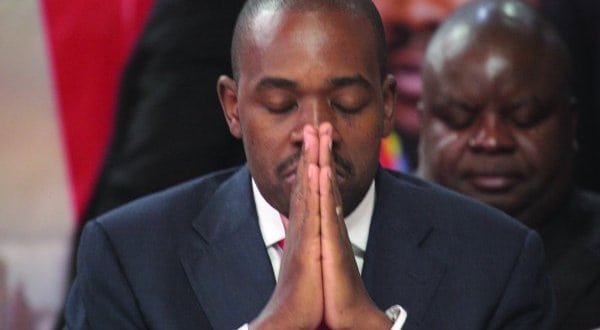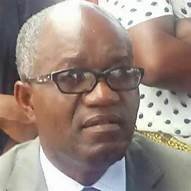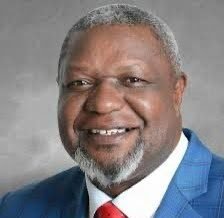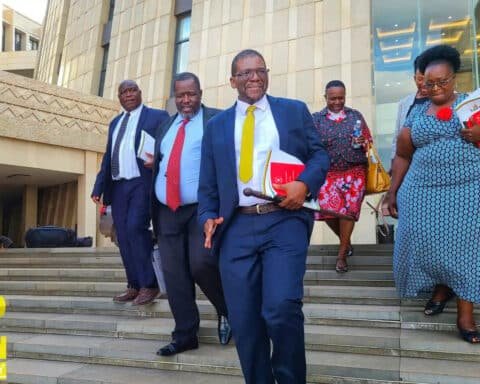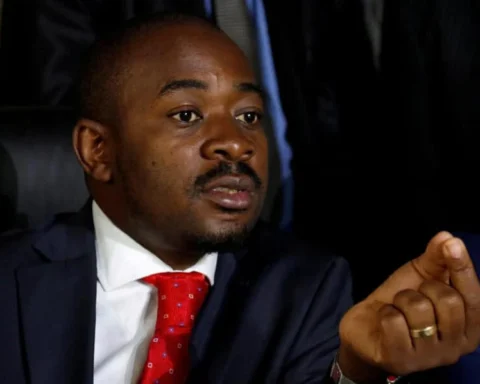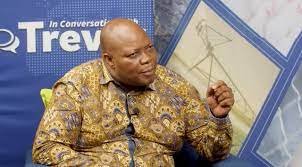In the wake of the recent presidential election and President Mnangagwa’s inauguration in Zimbabwe, a troubling reality looms large on the nation’s political horizon – the fading of genuine opposition politics. The spotlight falls on Nelson Chamisa, who has secured significant funding through the Political Parties (Finance) Act of 2001. This development prompts a deep reflection on the state of democracy in Zimbabwe, revealing that politics in the country has veered away from democratic principles and increasingly succumbed to financial interests, sidelining the essence of conviction politics.
Chamisa chete chete
Chamisa’s rise, symbolised by his slogan “Chamisa Chete Chete,” warrants a closer examination. He has managed to outmaneuver political heavyweights like Mwonzora of the MDC and other opposition parties. Creating his own political entity effectively sidelined potential opposition contenders. He strategically sidelined Biti, marginalized Job Sikhala, and ultimately eclipsed Mwonzora from political relevance. In the process, he emerged as the last opposition candidate standing, representing a party entirely of his own making – CCC.
It’s about the money
This positioning secures Chamisa’s eligibility for substantial funding as the leading opposition figure with over 5% of the total votes, as prescribed in section 3.2 of the Act. Regrettably, this success is not merely a testament to his political acumen; it underscores how financial power now overshadows principles and ideology in Zimbabwean politics. The pursuit of power and resources seems to have overshadowed the genuine commitment to serving the people and upholding democratic values.
They sell democracy
While leaders like Chamisa publicly champion democracy, the underlying motive appears to be less about creating democracy and freedom for all and more about securing financial freedom for themselves. This arrangement serves as a win-win for both the political establishment and Chamisa and his handpicked associates within his personal party, CCC.
This shift in Zimbabwean politics has left seasoned opposition figures like Mwonzora, Biti, and Welshman struggling to compete in a landscape increasingly dominated by financial prowess. Despite their prior prominence in the opposition movement, the dynamics of the game have evolved significantly.
No conviction in politics
Conviction politics, anchored in principles and unwavering commitment to democratic ideals, now seem to have taken a backseat to the pursuit of financial gain.
The implications of this transformation are deeply concerning for the nation. A robust democracy relies on a thriving opposition to hold those in power accountable. It thrives on diverse voices propelled by genuine conviction, challenging the status quo and advocating for the rights and aspirations of the people. Without authentic opposition politics, the checks and balances vital for a healthy democracy risk becoming dangerously weakened.
Zimbabwe must act
It is incumbent upon Zimbabwe to confront this unsettling trajectory. The nation’s political landscape should transcend the realm of financial interests and regain its role as a platform for meaningful debate, principled opposition, and the advancement of democratic ideals. In light of recent developments, Zimbabweans must insist on the restoration of genuine opposition politics, where ideas, principles, and convictions eclipse monetary resources in driving the nation forward.
Democracy now compromised
Democracy should never be compromised in the pursuit of power or wealth. It falls upon all citizens to safeguard its values and principles. Zimbabwe now stands at a crossroads, where the erosion of authentic opposition politics threatens the very essence of democracy. In the face of financial interests overshadowing conviction politics, the call is clear: we must strive for a return to a political landscape where ideas and principles reign supreme, securing the vibrancy and resilience of Zimbabwe’s democracy.

